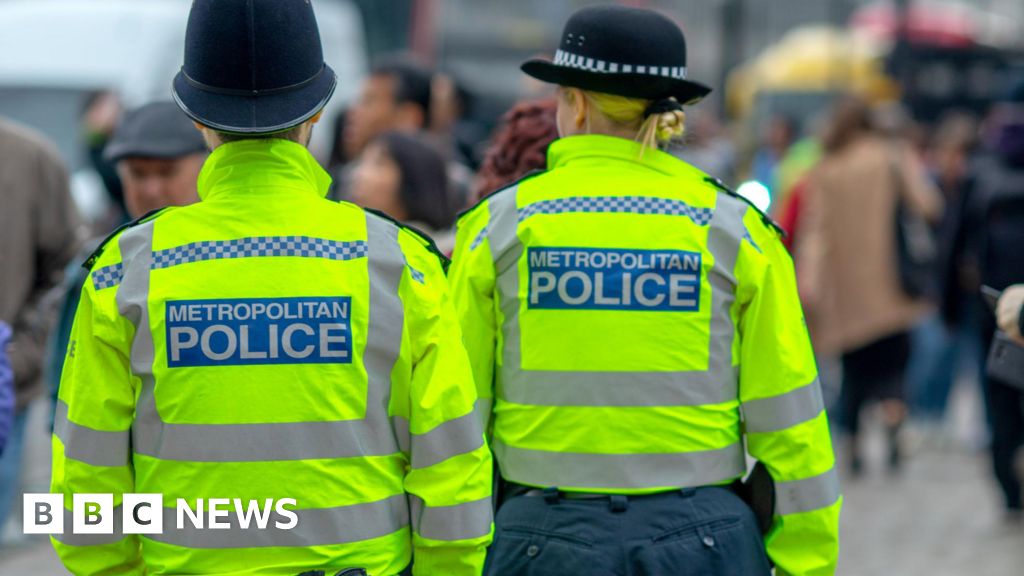Metropolitan Police to Stop Investigating Non-Crime Hate Incidents
The Metropolitan Police will cease investigating non-crime hate incidents, with the Commissioner stating officers should not police "toxic culture war debates," aiming to refocus resources on actual crimes.
Overview
- The Metropolitan Police announced a significant policy change, deciding to stop investigating incidents classified as "non-crime hate incidents" to refocus their operational priorities.
- This decision comes as the Met Police Commissioner expressed a belief that police officers should not be involved in policing "toxic culture war debates."
- The new approach aims to ensure police resources are primarily directed towards investigating and addressing actual criminal offenses, rather than non-criminal matters.
- The change in policy reflects a broader discussion within law enforcement regarding the appropriate scope of police involvement in societal disputes and non-criminal complaints.
- This shift by the Metropolitan Police is expected to impact how certain types of public complaints are handled, potentially altering the reporting and response mechanisms for hate-related incidents that do not constitute a crime.
Report issue

Read both sides in 5 minutes each day
Analysis
Center-leaning sources cover the Met Police's decision to cease investigating non-crime hate incidents neutrally. They present the policy change factually, linking it to the Graham Linehan case by detailing his arrest, dropped charges, and controversial posts. Coverage includes police statements and Linehan's perspective, providing definitional context for NCHIs without editorializing or using loaded language.
Articles (3)
Center (1)
FAQ
Non-crime hate incidents (NCHIs) refer to actions or speech perceived to demonstrate hostility towards a person's protected characteristics, such as race, religion, or sexual orientation, but do not meet the threshold of a criminal offense. They are recorded based on the perception of hostility or prejudice by the victim or another person.
The shift is part of a broader discussion to refocus police resources on actual crimes rather than non-criminal matters. It aims to avoid policing 'toxic culture war debates' and ensure that resources are used more effectively.
This policy change could alter how certain types of public complaints are handled, potentially affecting the reporting mechanisms for incidents that do not constitute a crime. It may also leave a gap in addressing perceived hate incidents that do not meet criminal thresholds.
History
- This story does not have any previous versions.



